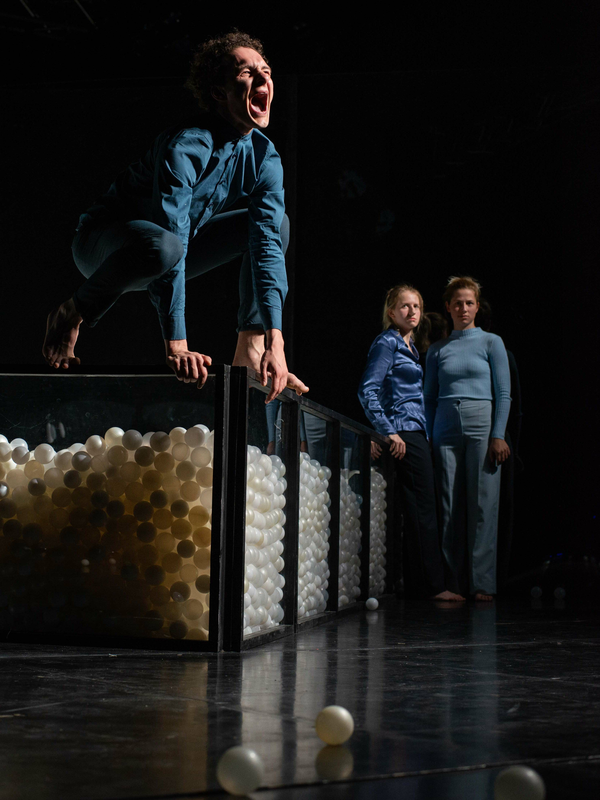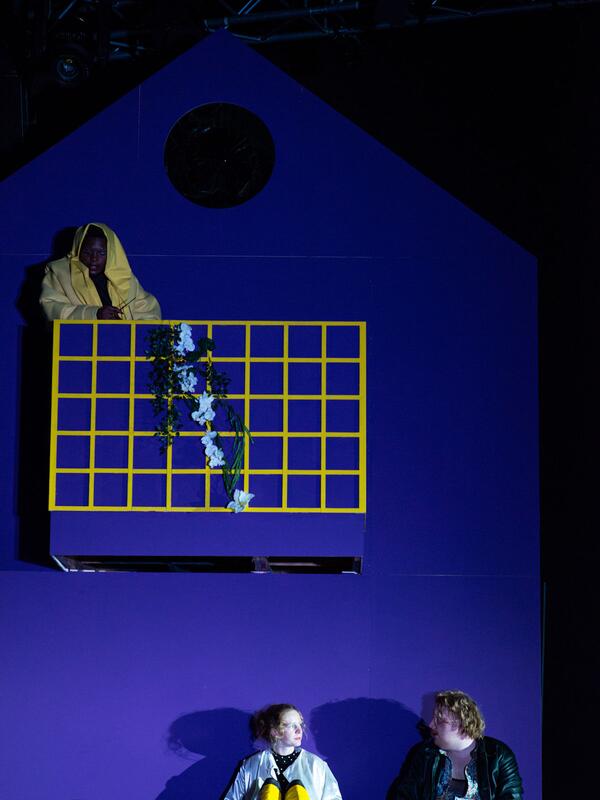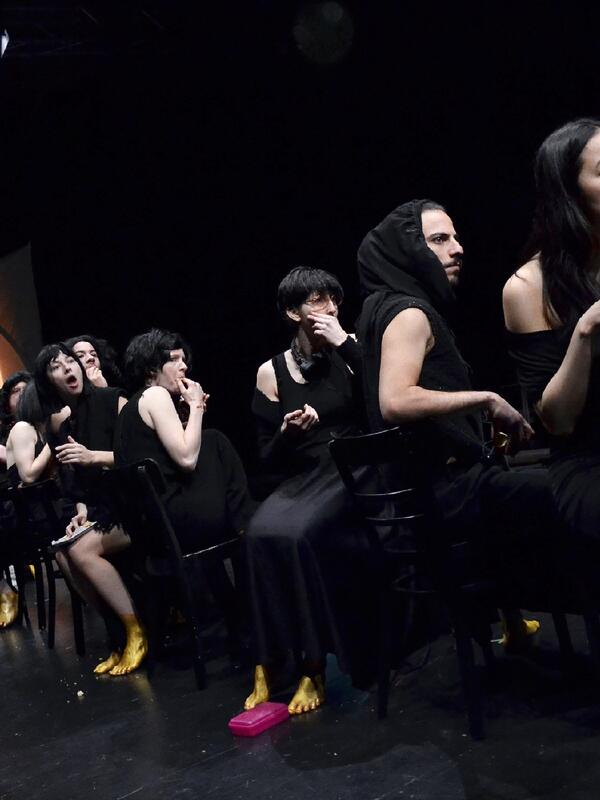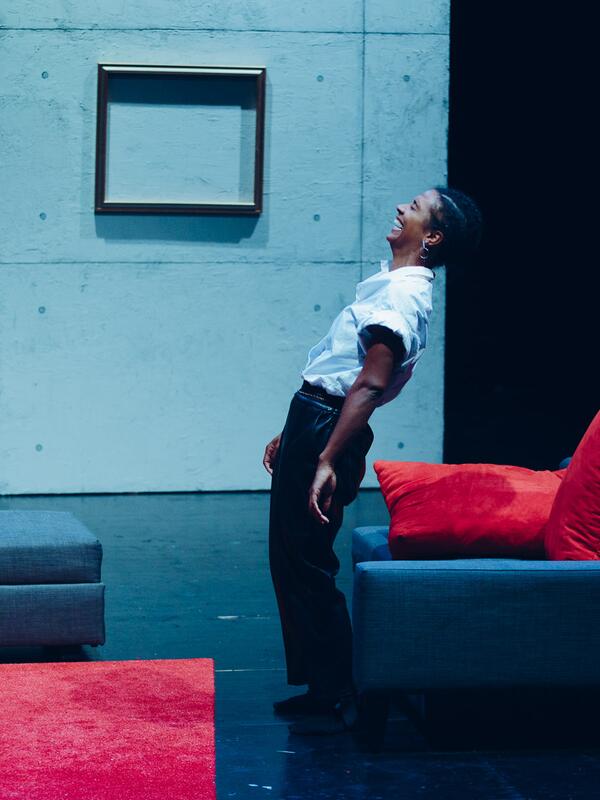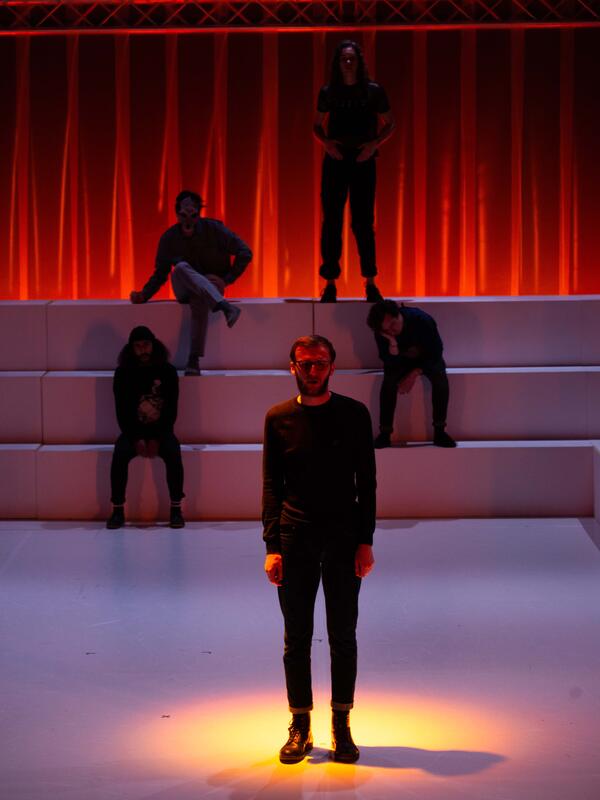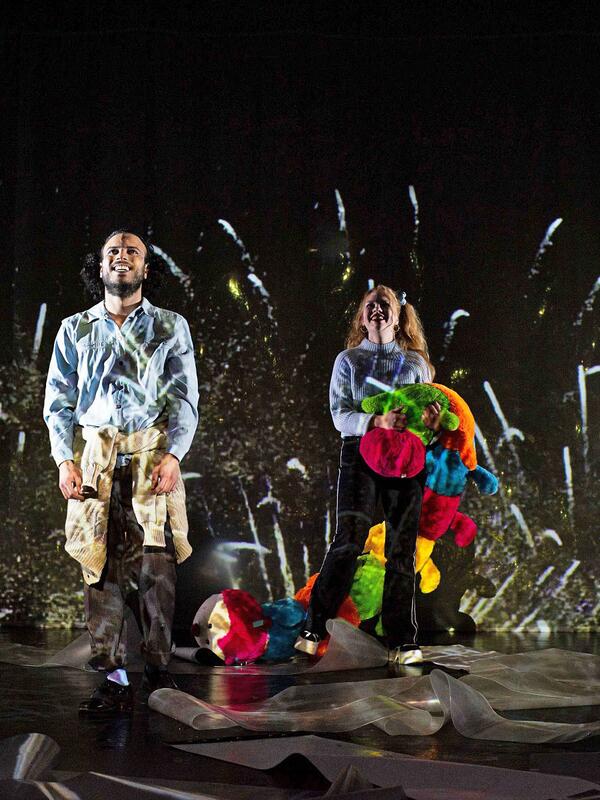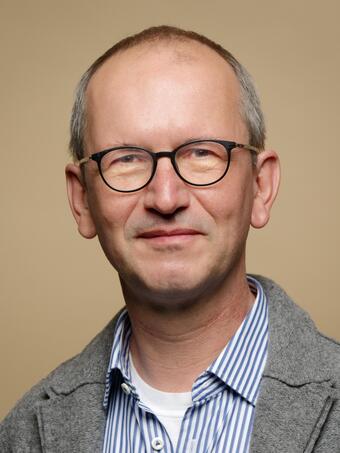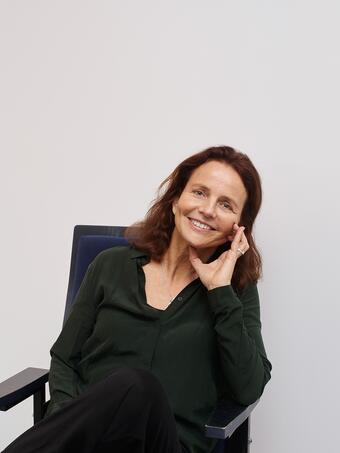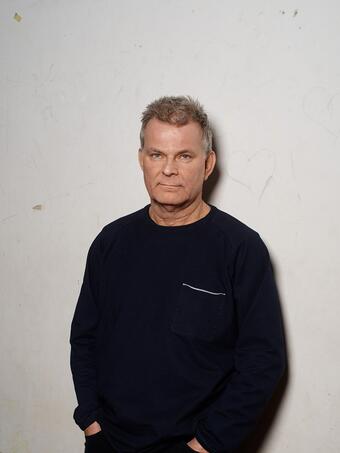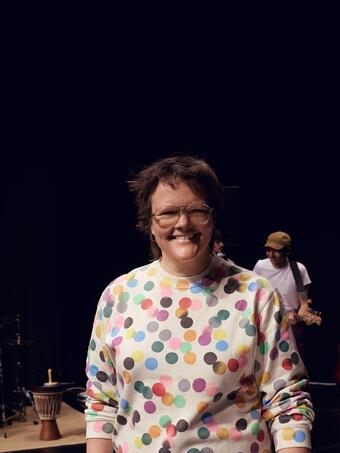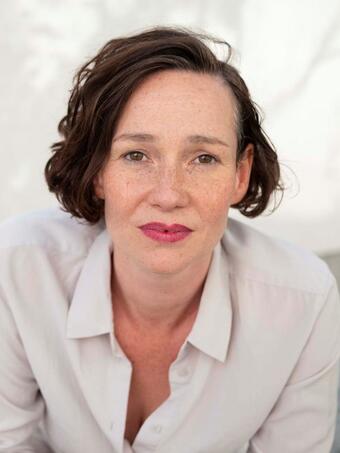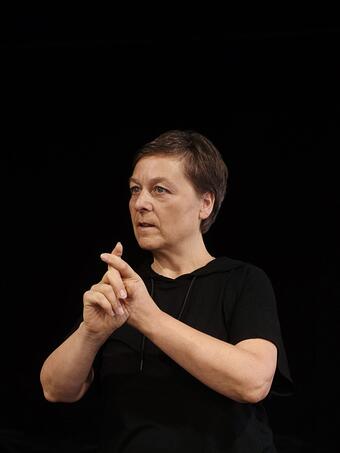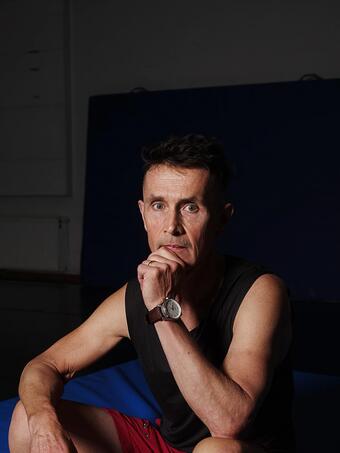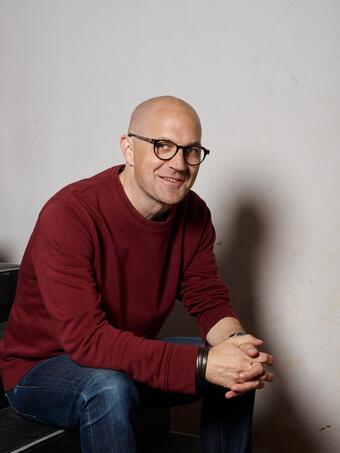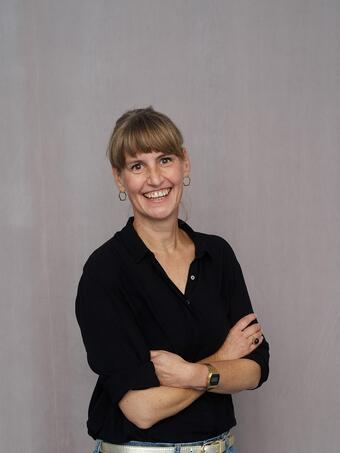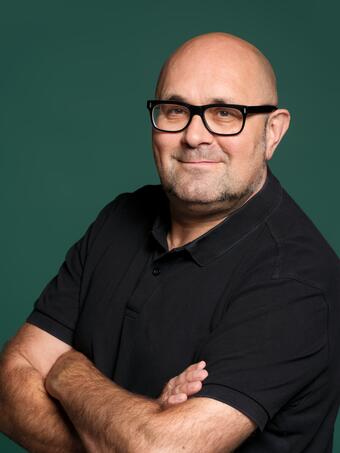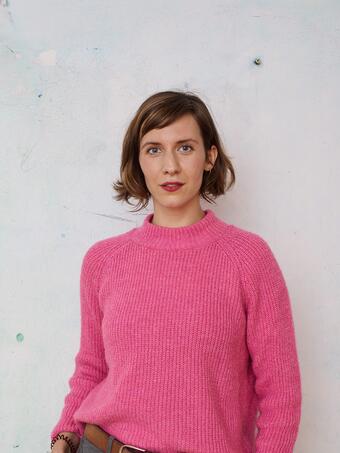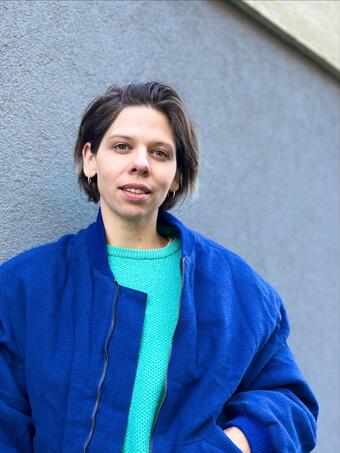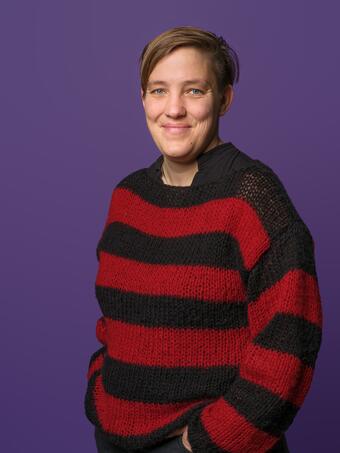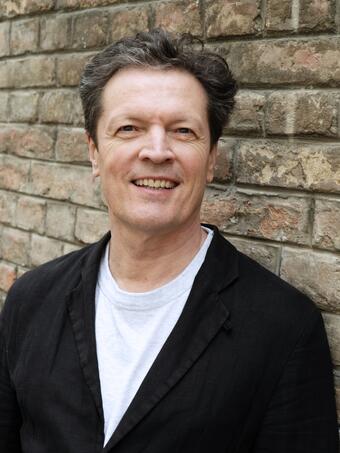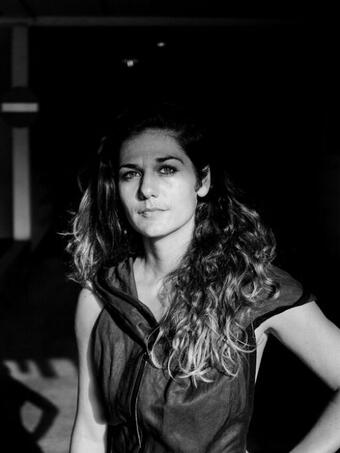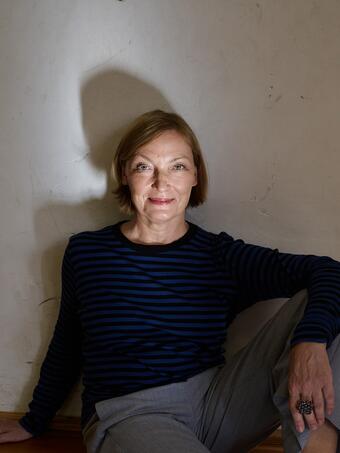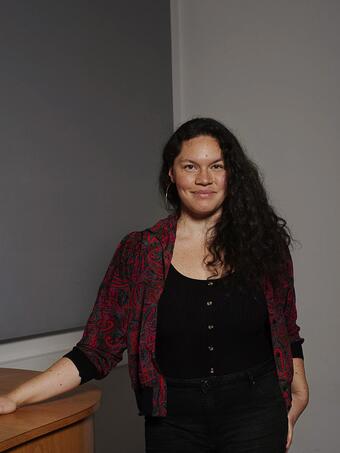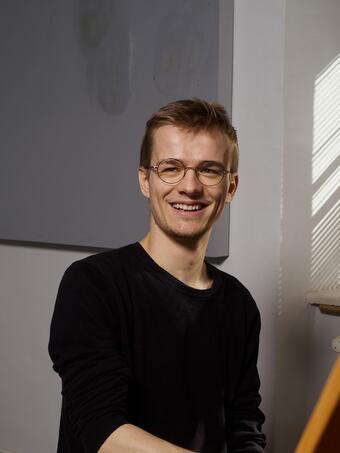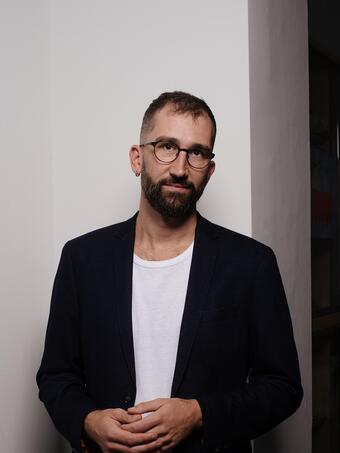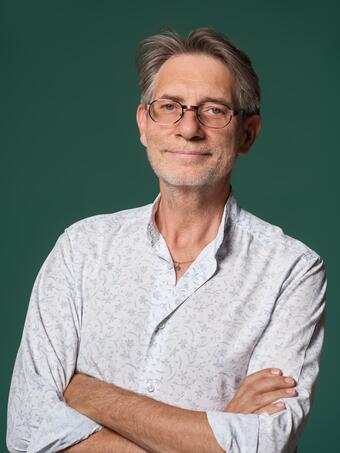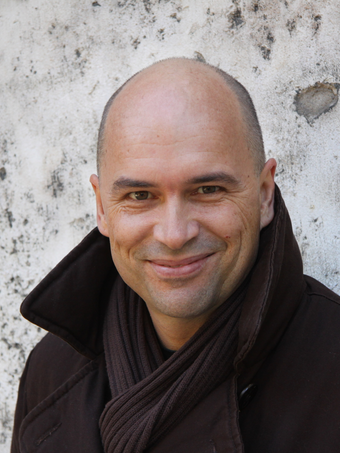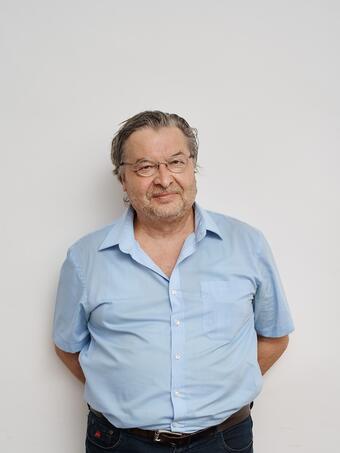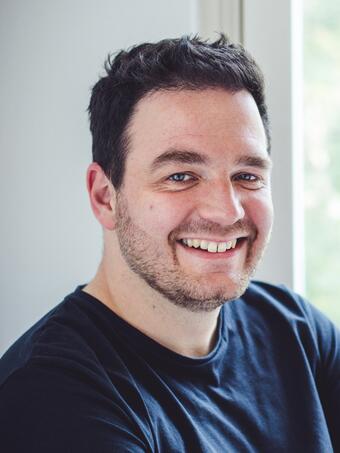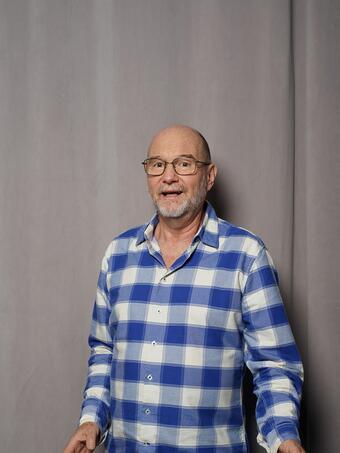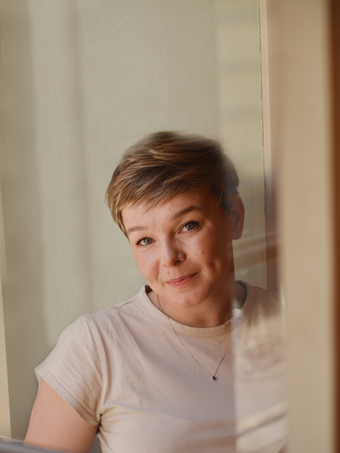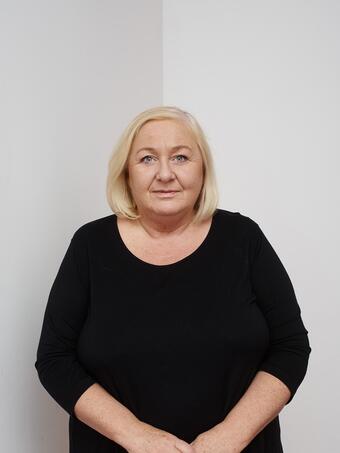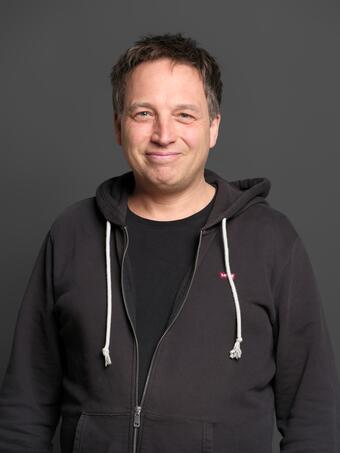Acting
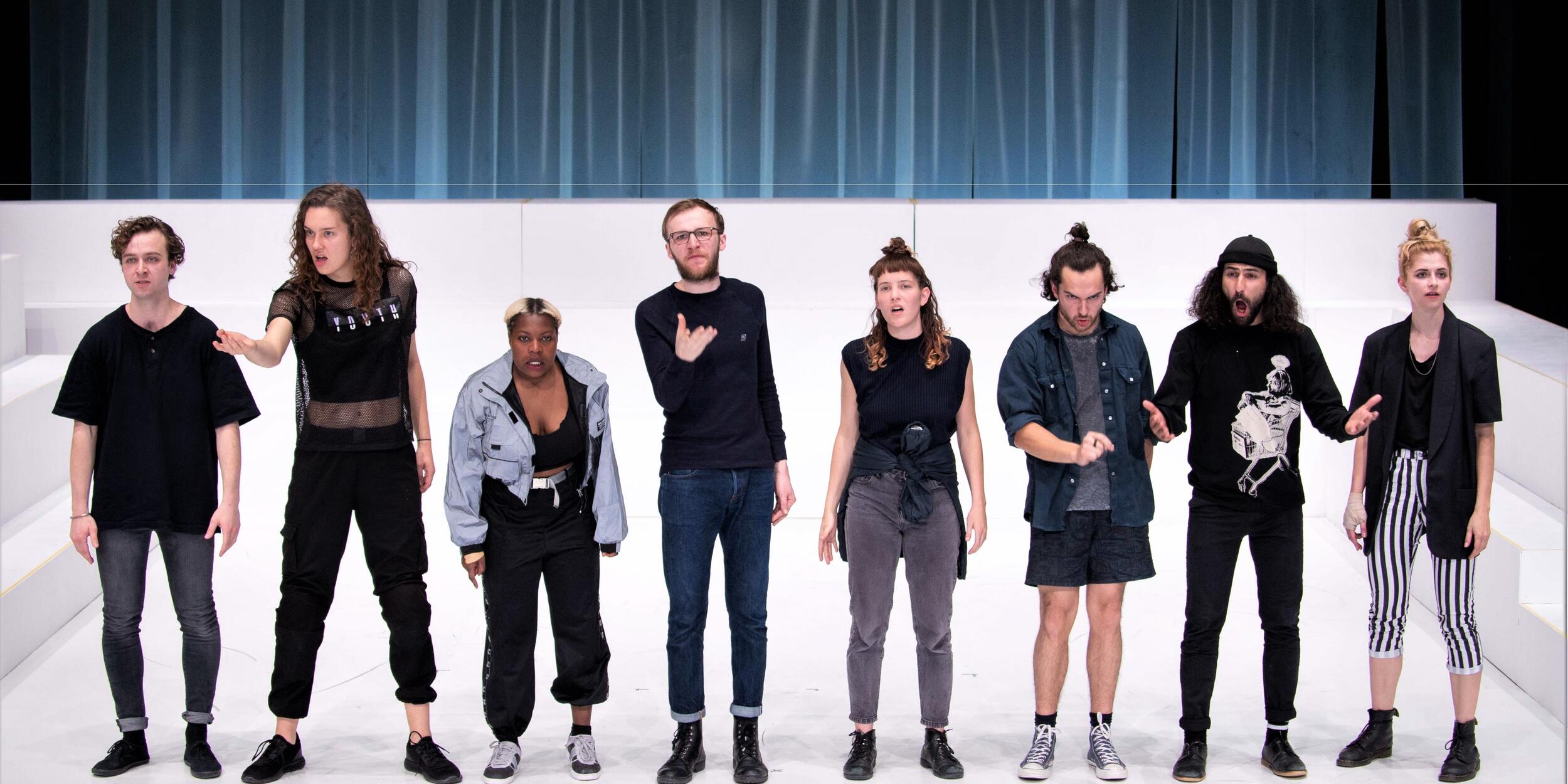
The diploma programme in acting at the Mozarteum University offers a professional, goal-oriented and practice-related examination of social issues in connection with contemporary aesthetic and methodological approaches. In addition to the classical techniques of role development, students receive extensive training for film and stage at an international level.
Department of Studies & Examinations
+43 676 88122 492
studienabteilung@moz.ac.at
Length of course
8 semesters / 240 ECTS-AP
Language of instruction
German
Application deadline
from July each year
to the dates
Admission examinations
from November each year
to the dates
Downloads
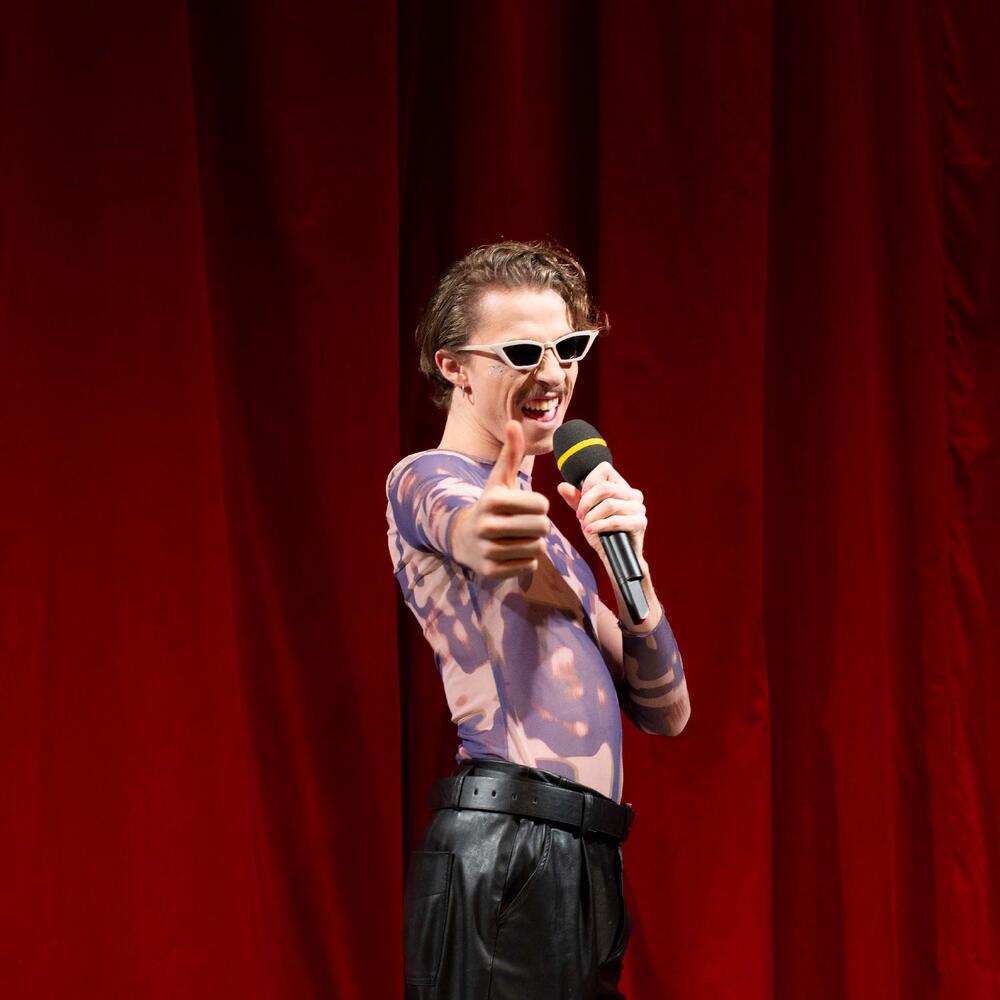
Introduction to course & career paths
Theatre is directly affected by the great movements that influenced our society in the last decade of the twentieth century. Audience expectations as well as organisational and economic conditions have changed drastically within a short period of time. Those designing the course curriculum are thus presented with new, interesting tasks. It must reflect openness, curiousity and diversity, but will nonetheless provide a solid grounding the technical basics of the profession - an indispensable core of any training.
General course information
The acting profession places diverse demands on young artists; the aim of the course is therefore to give young actors an open and confident command of their resources and give them the tools they need to be able to respond flexibly, curiously and, above all, independently to different working contexts and aesthetic concepts. In order for this to happen, each student's individual creative potential is recognised and encouraged. The acting programme at the Thomas Bernhard Institute puts emphasis on taking responsibility as well as on courageous decision-making in the collective artistic process.
Vocal expression, bodywork, singing and movement skills are developed through close collaborative work between the various acting classes. Artistic expression is understood as a comprehensive psycho-physical process. Acting classes focus on the development of the student’s individual fantasy and scenic imagination. Students learn how to understand and deal with their own resilience, to perceive and describe artistic processes as well as practice and accept criticism.
In order to give students an awareness of the history and nature of their art form, the Thomas Bernhard Institute includes a wide range of theoretical and discursive seminar formats in its acting programme. The examination of theatre is related to space, body and movement as the fundamental elements of acting. Students will engage intensively with contemporary issues and discourses in a lively and enjoyable fashion.
The course is divided into a preliminary section (fundamentals) and a main study. In the preliminary classes (1st semester), acting and directing students learn the basics of acting and improvisation together. The focus is on exploration and development of individual possibilities as performers.
In the main course of study, acting students continuously further their skills in the areas of vocal and physical expression in the so-called technical subjects, as well as developing their musical, vocal, dance and acrobatic skills. This is done in close coordination with stagecraft classes, where students learn how to work on situation/character/role through participation in regular productions.
Link to the curriculum (1st semester)
NOTE: It is only possible to begin your studies in the summer semester.
To be admitted to the diploma programme at the Thomas Bernhard Institute, students must pass an entrance exam. The entrance examination for the acting major consists of the performance of at least two role excerpts and a song, as well as completing various tasks in the areas of linguistic, physical and musical skills, and acting. German language skills at a minimum of B2 Level in the CEFR are required.
Applicants should prepare the following for the 1st round of the entrance examination:
- One of the three scenes here. Applicants are welcome to prepare either of the roles in their chosen dialogue, regardless of their own gender.
- Three monologues. Two of these should be from a play (classical or modern), the third should be written by the applicant themselves.
- A song (without musical accompaniment).
The 2nd round of auditions will take place on the same day, meaing that applicants will be informed as soon as possible whether they were successful in the first round.
For the 3rd round of the entrance exam, in addition to auditioning again with their prepared roles, applicants will be given improvisation tasks. They will be informed the same evening whether they have been selected for progression to the final round.
Tips for the entrance examination
- When choosing their monologue roles, applicants should choose characters that particularly interest them, even if they do not resemble their personal character or match their gender.
- When interpreting these roles, applicants should avoid imitating the way others have played the character in the past; instead, they should try to play the role with personal expression.
- Applicants should prepare themselves for an interview with the audition panel, which will include questions about their motivation and interest, as well as their reasons for wanting to study at the Mozarteum University.
Applicants should be a minimum of 17 years of age at the time of application. A high school diploma (e.g. Matura, Abitur, IB Diploma) is not a mandatory requirement for admission.
10 course places are available each year. An acting talent is expected, but applicants should also be aware that the evaluation criteria for artistic decisions varies from one university to the next. Applicants are advised to apply to different colleges or universities and also encouraged to apply a second or third time to the Mozarteum University if they have gained further experience since their previous attempt.
For applicants whose first language is not German, proof of German language skills must be provided.
- Our examination rooms are barrier-free. The department has an elevator to the upper floors and a stair lift to the basement.
- On examination days, our students are available to assist you if necessary.
- If you have any questions regarding the entrance examination and your studies, please contact our secretary's office: +43 676 88122 445. You will then be put in touch with a person from our department with whom you can discuss your specific needs.
Admissions procedure
We have 10 course places to offer and are looking forward to welcoming a diverse yeargroup, also in terms of gender and origin. Applicants should be at least 17 years old at the time of application. A high school diploma (e.g. Matura, Abitur, IB Diploma...) is not a mandatory requirement for admission.
Since the language of instruction is German, a good knowledge of German (at least B2 level) is required to pass the audition. Since language skills will be assessed as part of the audition process, it is not necessary to submit a certificate.
The drama department expects you to demonstrate acting talent, but applicants should also be aware that the evaluation criteria for artistic decisions varies from one university to the next. We recommend that you apply to a range of different colleges or universities, and you are also welcome to apply a second or third time to the Mozarteum University if you have gained further experience since your previous attempt.
Registration for the auditions takes place online via Muvac.
Admissions process
- Online registration by 14th November 2024
- After the end of the registration period: invitation to the 1st round by email
- Participation in the audition rounds (for information, see the procedure)
- Upon passing the audition: invitation to enrol in the course
- Enrolment during the general admission period
- Start of the course: 1st March 2025
Dates for the 2024/2025 examination rounds
1st and 2nd round (all applicants will be assigned to one of the 9 possible dates)
- 12th and 13th December 2024
- 16th and 17th December 2024
- 27th, 28th, 29th, 30th and 31st January 2025
3rd round (all applicants who have reached the 3rd round will be assigned to one of the three dates)
- 1st February 2025 (new date!)
- 3rd February 2025
- 4th February 2025
4th round
- 5th February 2025
The audition process consists of four rounds. This is a multi-stage process - passing the previous round is required to advance to the next round. Applicants will be informed of their audition date as soon as possible after the registration period has closed.
Applicants should prepare the following for the 1st round of the entrance examination:
- One of the three scenes here. Applicants are welcome to prepare either of the roles in their chosen dialogue, regardless of their own gender.
- Three monologues. Two of these should be from a play (classical or modern), the third should be written by the applicant themselves.
- A song (without musical accompaniment).
How many of the roles candidates are invited to perform in the first round and how extensively the audition panel will work with each candidate will be decided in the course of the morning.
2nd round
The 2nd round takes place on the same date as the 1st round. Candidates who are admitted to the 2nd round (in the evening) and once again impress the audition panel with their performance will be notified on the same day, before being invited to one of the third round appointments in writing.
3rd round
For the 3rd round of the entrance exam, in addition to auditioning again with their prepared roles, candidates will be given improvisation tasks. Candidates will be informed the same evening whether they have been selected for progression to the final round, which will take place in February.
4th round
On this last day, candidates will work in depth with on a variety of improvisation tasks.
- Applicants should read through all the information about the procedure in order to prepare as well as possible avoid missing any deadlines.
- When choosing their monologue roles, applicants should choose characters that particularly interest them, even if they do not resemble their personal character or match their gender.
- When interpreting these roles, applicants should avoid imitating the way others have played the character in the past; instead, they should try to play the role with personal expression.
- Applicants should be prepared for an interview with the audition panel, which will include questions about their motivation and interest, as well as their reasons for wanting to study at the Mozarteum University.
Any questions?
You can find more information about starting your studies here:
